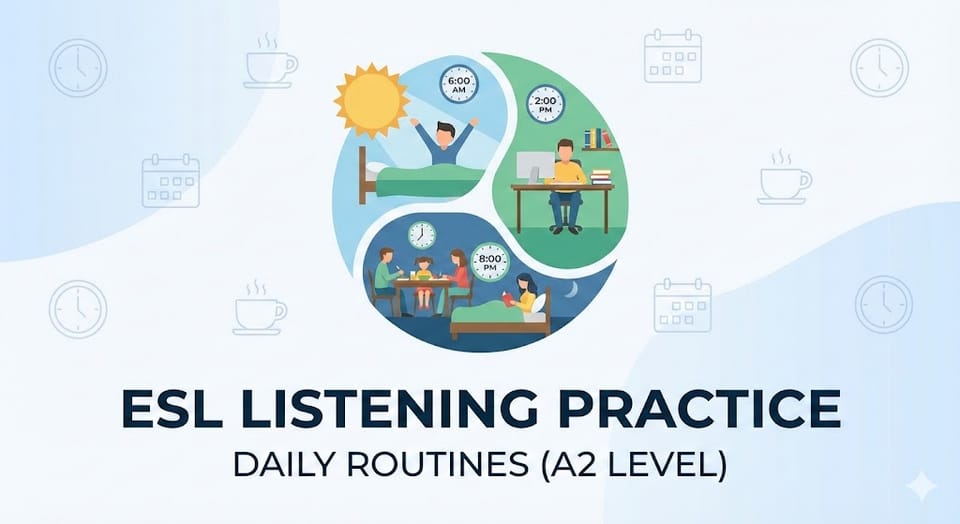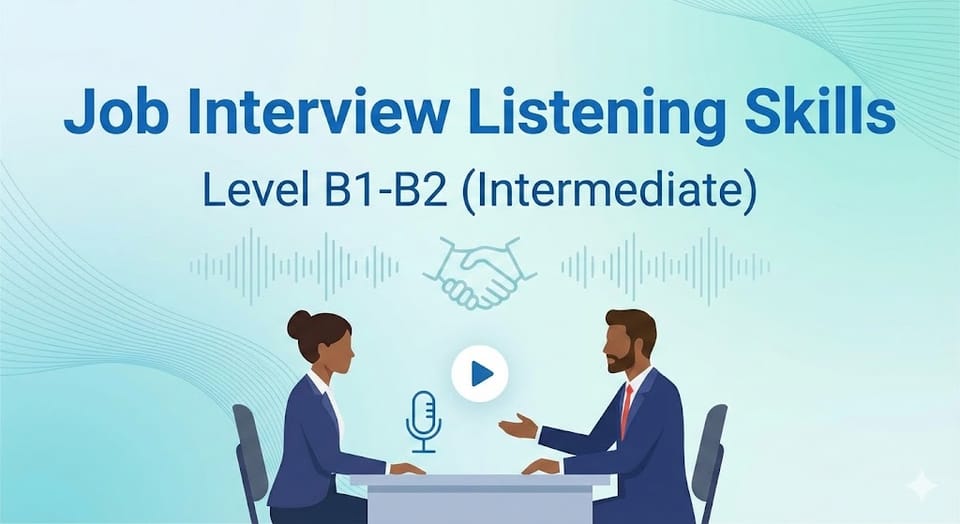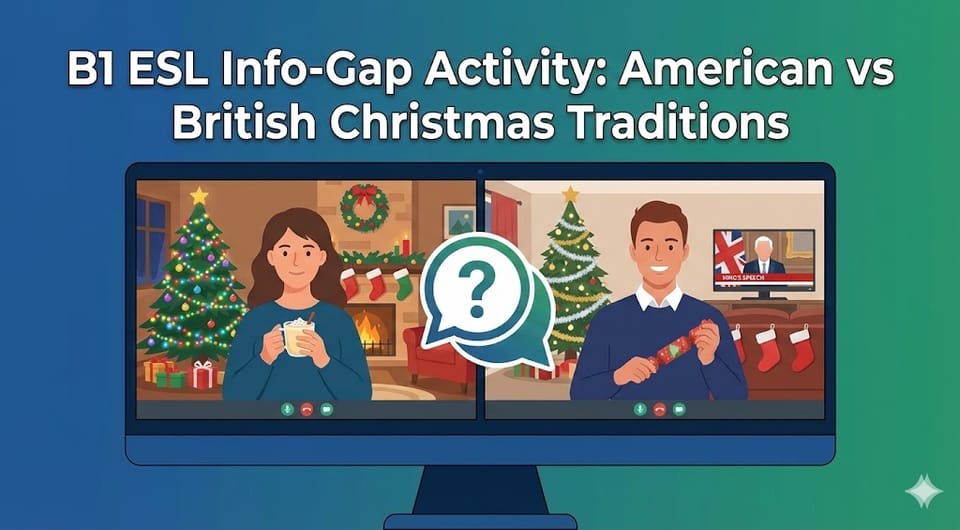M3 Grammar Review & Practice Test
This quiz will test your knowledge of key grammar points, including fact and opinion, verb types, subject-verb agreement, and verb tenses like the simple present, present progressive, and simple past.

English Grammar Midterm Review
เอกสารทบทวนไวยากรณ์ภาษาอังกฤษสำหรับการสอบกลางภาค
พร้อมที่จะทบทวนหรือยัง?
Fact vs. Opinion
What is a Fact? (ข้อเท็จจริง)
A fact (ข้อเท็จจริง) is a statement that is true and can be proven (พิสูจน์).
Examples:
- There are 60 minutes in an hour.
- The capital of Japan is Tokyo.
Fact vs. Opinion
What is an Opinion? (ความคิดเห็น)
An opinion (ความคิดเห็น) is what someone thinks (คิดว่า) or feels (รู้สึก). It cannot be proven true or false.
Examples:
- That new song is fantastic.
- Traveling by train is more relaxing than flying.
Fact/Opinion: Comprehension Check
1. Which sentence is a FACT?
2. Which sentence is an OPINION?
Verbs: Main & Helping
Main Verbs (กริยาแท้)
The main verb shows the most important action (การกระทำ) or state of being (สภาวะ) of the subject.
Examples:
- We study English. (action)
- He is tired. (state of being)
Verbs: Main & Helping
Helping Verbs (กริยาช่วย)
A helping verb (กริยาช่วย) comes before the main verb to help it. Common helping verbs are 'be', 'do', and 'have'.
Examples:
- They are waiting for the bus. ('are' helps 'waiting')
- She does not understand the lesson. ('does' helps 'understand')
Verbs: Main & Helping
'be', 'do', 'have' as Main Verbs
Sometimes, 'be', 'do', and 'have' are the only verbs in a sentence. When this happens, they are the main verb.
Examples:
- I am a student. (main verb)
- You do a great job. (main verb)
- We have a new car. (main verb)
Verbs: Comprehension Check
1. In "She is kind," the word 'is' is a...
2. In "They are playing games," the word 'are' is a...
3. In "He did not go," the word 'did' is a...
The Simple Present Tense
We use the simple present for things that happen regularly or are always true.
- Habits / Routines (นิสัย / กิจวัตร): I drink coffee every morning.
- Facts (ข้อเท็จจริง): The Earth is round.
Simple Present: Subject-Verb Agreement
The subject (ประธาน) and verb must agree (สอดคล้อง).
Rules:
- For I / You / We / They, use the base form of the verb. (e.g., walk, eat, play)
- For He / She / It, add -s or -es to the verb. (e.g., walks, eats, plays)
Simple Present: 3rd Person Spelling
- Most verbs: add -s (work → works, live → lives)
- Ends in -s, -sh, -ch, -x, -z: add -es (miss → misses, wash → washes)
- Consonant + y: change y to -ies (study → studies, try → tries)
- Vowel + y: add -s (play → plays, enjoy → enjoys)
Simple Present: Comprehension Check
1. My brother ______ video games every day.
2. The teachers at our school ______ very hard.
3. A pilot is a person who ______ airplanes.
The Present Progressive Tense
We use the present progressive (ปัจจุบันกาลต่อเนื่อง) for actions that are happening now (กำลังเกิดขึ้นตอนนี้).
Structure:
Subject + am/is/are + verb-ing
Present Progressive: Usage
Look for signal words that mean "now".
- Look! That dog is wearing a funny hat.
- Please be quiet. My father is sleeping.
- I can't talk right now, I'm eating dinner.
Present Progressive: Check
1. Listen! Someone ______ the piano.
2. "Where are the children?" "They ______ in the garden."
3. He can't come to the phone because he ______ a shower.
End of Review
Good luck on your exam! ขอให้โชคดีในการสอบ!
Grammar Practice Quiz
This quiz will test your knowledge of key grammar points, including fact and opinion, verb types, subject-verb agreement, and verb tenses like the simple present, present progressive, and simple past.




